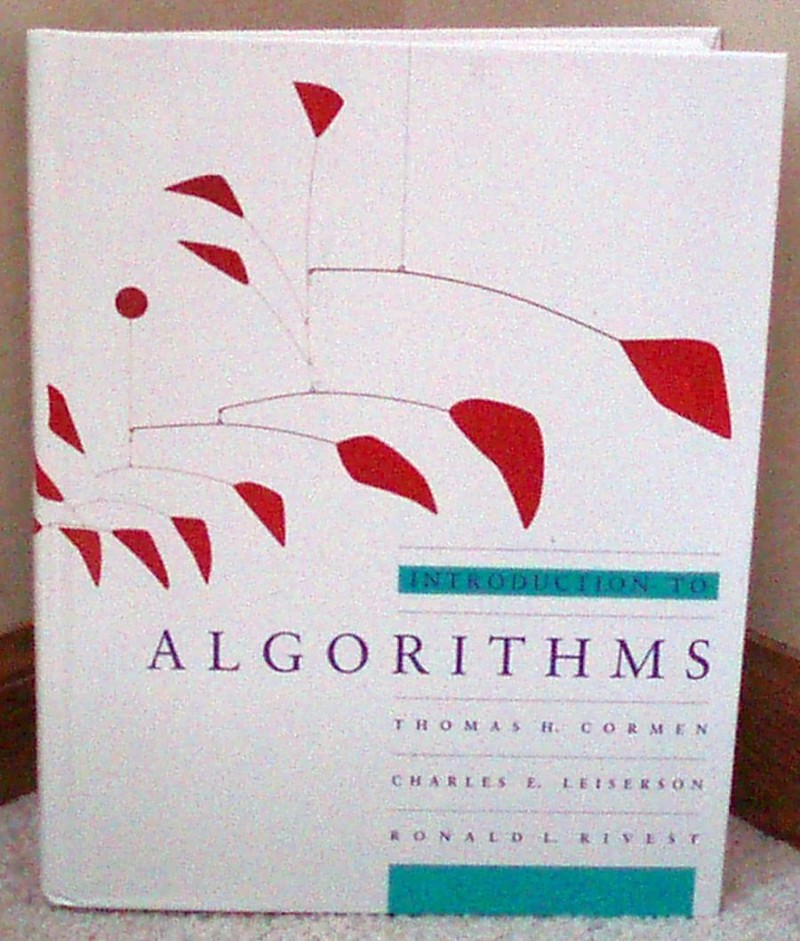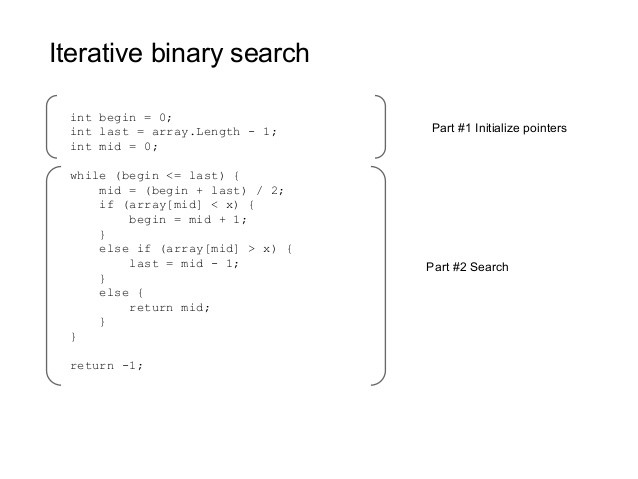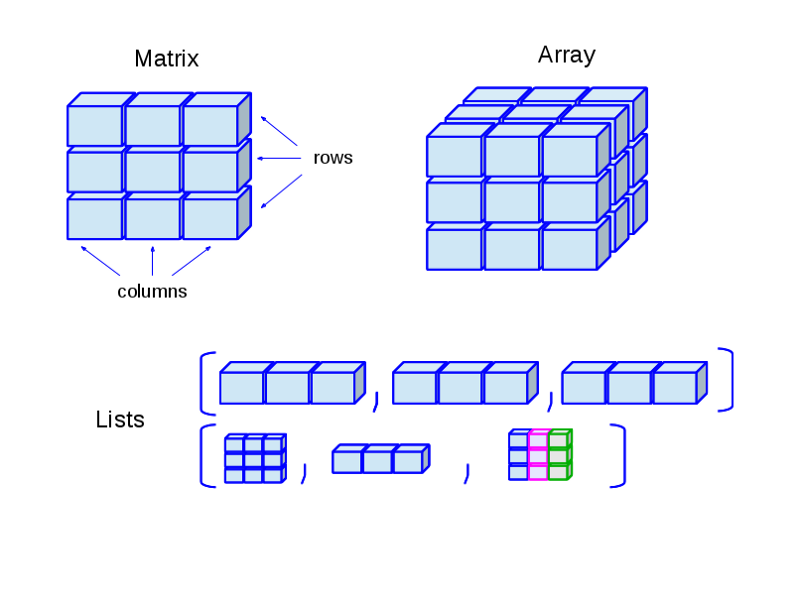How to implement a Binary Search Algorithm in Java without recursion
Iterative implementation of the popular binary search algorithm to find an element in a sorted array.
Yes, you guessed it right: you need to implement a binary search in Java, and you need to write both iterative and recursive binary search algorithms.
In computer science, a binary search, or half-interval search, is a divide and conquer algorithm that locates the position of an item in a sorted array. Binary searching works by comparing an input value to the middle element of the array.
The comparison determines whether the element equals the input, is less than the input, or is greater than the input.
When the element being compared equals the input, the search stops and typically returns the position of the element.
If the element is not equal to the input, then a comparison is made to determine whether the input is less than or greater than the element.
Depending on the result, the algorithm then starts over again, but only searching the top or a bottom subset of the array’s elements.
If the input is not located within the array, the algorithm will usually output a unique value indicating this like -1 or just throw a RuntimeException in Java like NoValueFoundException.
Binary search algorithms typically halve the number of items to check with each successive iteration, thus locating the given item (or determining its absence) in logarithmic time.
Btw, if you prefer books, I suggest you read a comprehensive algorithm book like Introduction to Algorithms by Thomas H. Cormen.

Here is some sample code which shows the logic of iterative binary search in Java:

Here is a sample program to implement binary search in Java. The algorithm is implemented recursively. Also, an interesting fact to know about binary search implementation in Java is that Joshua Bloch, author of the famous Effective Java book, wrote the binary search in “java.util.Arrays”.
import java.util.Arrays;import java.util.Scanner;/** * Java program to implement Binary Search. We have implemented Iterative* version of Binary Search Algorithm in Java** @author Javin Paul*/public class IterativeBinarySearch { public static void main(String args[]) { int[] list = new int[]{23, 43, 31, 12}; int number = 12; Arrays.sort(list); System.out.printf("Binary Search %d in integer array %s %n", number, Arrays.toString(list)); binarySearch(list, 12); System.out.printf("Binary Search %d in integer array %s %n", 43, Arrays.toString(list)); binarySearch(list, 43); list = new int[]{123, 243, 331, 1298}; number = 331; Arrays.sort(list); System.out.printf("Binary Search %d in integer array %s %n", number, Arrays.toString(list)); binarySearch(list, 331); System.out.printf("Binary Search %d in integer array %s %n", 331, Arrays.toString(list)); binarySearch(list, 1333); // Using Core Java API and Collection framework // Precondition to the Arrays.binarySearch Arrays.sort(list); // Search an element int index = Arrays.binarySearch(list, 3);}/** * Perform a binary Search in Sorted Array in Java * @param input * @param number * @return location of element in array */public static void binarySearch(int[] input, int number) {int first = 0;int last = input.length - 1;int middle = (first + last) / 2;while (first <= last) { if (input[middle] < number) { first = middle + 1;} else if (input[middle] == number) {System.out.printf(number + " found at location %d %n", middle);break;} else { last = middle - 1;}middle = (first + last) / 2;}if (first > last) { System.out.println(number + " is not present in the list.\n");}}}OutputBinary Search 12 in integer array [12, 23, 31, 43]12 found at location 0Binary Search 43 in integer array [12, 23, 31, 43]43 found at location 3Binary Search 331 in integer array [123, 243, 331, 1298]331 found at location 2Binary Search 331 in integer array [123, 243, 331, 1298]1333 is not present in the list.That’s all about how to implement binary search using recursion in Java. Along with Linear search, these are two of the essential search algorithms you learn in your computer science class.
The binary search tree data structure takes advantage of this algorithm and arranges data in a hierarchical structure so that you can search any node in O(logN) time.
Though, you must remember that in order to use binary search, you need a sorted list or array, so you also need to consider the cost of sorting when you consider using binary search algorithm in the real world.
Tirthankar Pal
MBA from IIT Kharagpur with GATE, GMAT, IIT Kharagpur Written Test, and Interview
2 year PGDM (E-Business) from Welingkar, Mumbai
4 years of Bachelor of Science (Hons) in Computer Science from the National Institute of Electronics and Information Technology
Google and Hubspot Certification
Brain Bench Certification in C++, VC++, Data Structure and Project Management
10 years of Experience in Software Development out of that 6 years 8 months in Wipro
Selected in Six World Class UK Universities:-
King's College London, Durham University, University of Exeter, University of Sheffield, University of Newcastle, University of Leeds





No comments:
Post a Comment